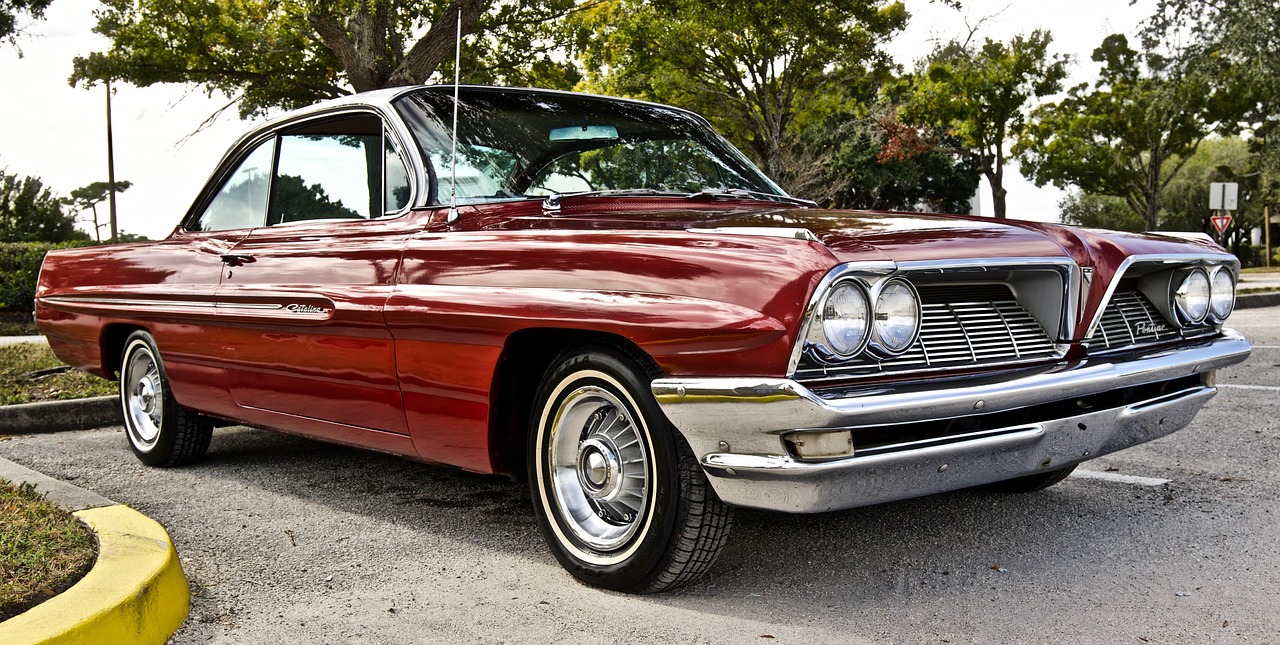Analyzing the Impact of Automotive Air Conditioning on Vehicle HVAC System Vibration Reduction
laser book, silverexch, 11xplay reddy login:Given the advancements in automotive technology over the years, one of the key features that have become standard in most vehicles is air conditioning. Air conditioning not only contributes to the comfort of the driver and passengers but also plays a crucial role in ensuring the overall performance and longevity of the vehicle’s HVAC system. In this article, we will delve into the impact of automotive air conditioning on reducing vibrations within the vehicle’s HVAC system.
Understanding the HVAC System in Vehicles
Before we dive into the specific impact of automotive air conditioning on vibration reduction, let’s first understand the HVAC system in vehicles. The HVAC system in a vehicle is responsible for maintaining a comfortable cabin temperature by regulating the flow of air, controlling humidity levels, and filtering out pollutants. The system consists of various components such as the compressor, condenser, evaporator, and blower motor, all of which work in sync to ensure optimal performance.
The Impact of Automotive Air Conditioning on Vibration Reduction
When it comes to the impact of automotive air conditioning on reducing vibrations within the vehicle’s HVAC system, there are several key factors at play. One of the primary ways in which air conditioning helps minimize vibrations is through the compressor. The compressor in the air conditioning system is responsible for pressurizing and circulating the refrigerant throughout the system. By ensuring the compressor is properly balanced and functioning efficiently, it helps reduce excessive vibrations that could potentially damage other components within the HVAC system.
Additionally, the design and placement of the various components within the air conditioning system also play a crucial role in vibration reduction. Modern vehicles are equipped with advanced HVAC systems that are engineered to minimize vibrations by isolating key components and utilizing vibration-dampening materials. This not only enhances the overall driving experience for the occupants but also contributes to the longevity and reliability of the HVAC system.
Furthermore, the use of advanced technologies such as variable displacement compressors and electronic controls have also played a significant role in reducing vibrations within the HVAC system. These technologies allow for more precise control over the operation of the air conditioning system, resulting in smoother and quieter performance.
FAQs
1. Does automotive air conditioning have any impact on fuel efficiency?
Yes, automotive air conditioning can have a slight impact on fuel efficiency due to the additional load it places on the engine. However, modern vehicles are equipped with more efficient air conditioning systems that are designed to minimize this impact.
2. How often should I have my vehicle’s HVAC system serviced?
It is recommended to have your vehicle’s HVAC system serviced at least once a year to ensure optimal performance and to address any potential issues before they escalate.
3. Can vibrations within the HVAC system indicate a more serious problem?
Yes, excessive vibrations within the HVAC system could be indicative of a more serious underlying issue such as a failing compressor or worn-out components. It is important to address these vibrations promptly to prevent further damage.
In conclusion, automotive air conditioning plays a crucial role in reducing vibrations within the vehicle’s HVAC system. By ensuring that the components are properly balanced, utilizing advanced technologies, and maintaining regular servicing, automotive air conditioning not only enhances the comfort of the occupants but also contributes to the overall performance and longevity of the HVAC system.







